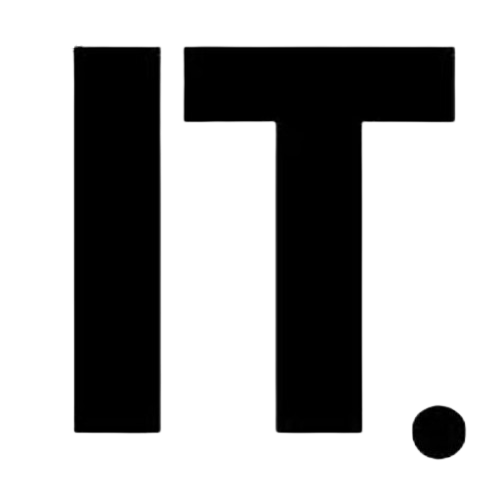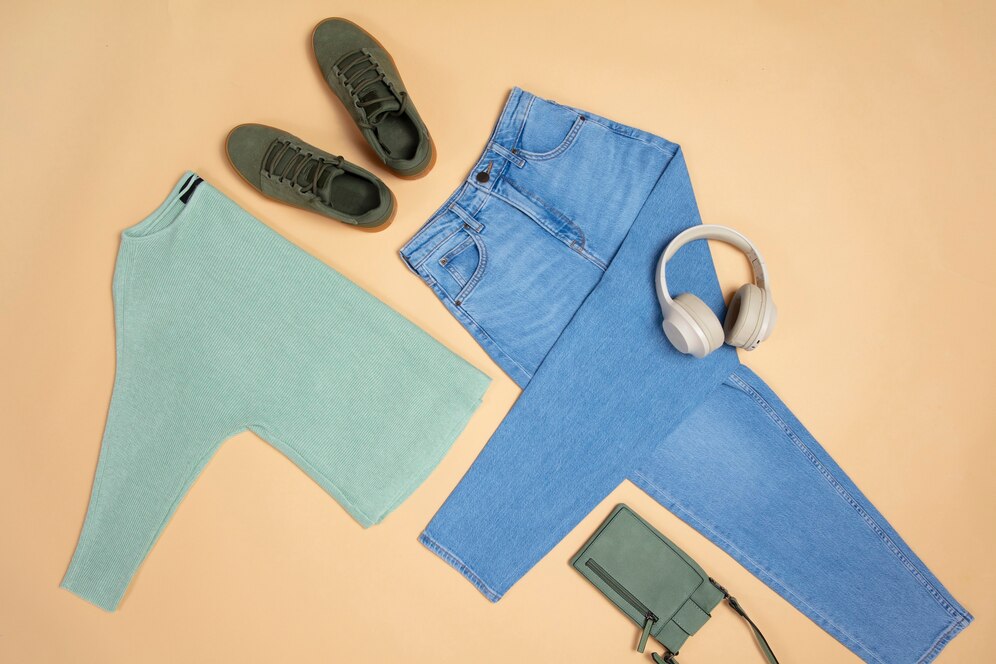Contents
- 1 How to Prepare for a Job Interview
- 1.1 That jittery feeling before you walk in
- 1.2 Before the Interview, Do Your Homework
- 1.3 Know Your Resume Inside and Out
- 1.4 Don’t just give an answer; ask smart questions
- 1.5 Speak clearly and use calm body language
- 1.6 Be honest about what you don’t know
- 1.7 Follow Up, but Don’t Go Overboard
- 1.8 Frequently Asked Questions
- 1.8.1 Q1: What should I wear to an interview for a job?
- 1.8.2 Q2: How long before an interview should I get there?
- 1.8.3 Q3: Should I practice my answers?
- 1.8.4 Q4: Is it okay to ask about pay during the first interview?
- 1.8.5 Q5: What should I do if I don’t know the answer to a technical question?
- 1.8.6 Q6: What can I do to calm down before the interview?
- 1.8.7 Q7: After the interview, should I get in touch?
- 1.9 Related Articles
How to Prepare for a Job Interview
That jittery feeling before you walk in
Interviews make you feel both excited and nervous, no matter how many jobs you’ve had. Your head is full of questions. Will they like me? What if I forget something? Did I wear the right clothes? It’s normal to feel nervous; it means you care. But the good news is that with some planning and clarity, you can walk in calm, sure of yourself, and ready to do well.
It’s not enough to just answer questions in an interview; you also need to show your best self. It’s not just about your skills; it’s also about how well you fit the job, the team, and the culture. You make an impression even before you say your first word.
First impressions start before you say anything.
That first impression is made up of many things, like what you wear, how you sit, how you smile, and even how you talk. Dressing appropriately doesn’t mean being too formal; it means keeping your clothes neat, comfortable, and sharp while also fitting in with the company’s style. If you’re not sure, wear clothes that are solid colors, well-ironed, and closed-toed shoes.
Being on time is another quiet sign of professionalism. If it’s in person, make plans for how to get there. Check your lighting, background, and internet connection at least 15 minutes before the call if it’s virtual. And don’t forget to turn off your phone.
When you walk in or join the call, smile, say hello, and look the person in the eye. It’s not about pretending to be perfect; it’s about being ready and there.
Before the Interview, Do Your Homework
Know who you’re talking to and what the company does before you go to the interview. Read their website, look at their social media pages, and read some recent news to get a sense of their tone. It helps you make sure your answers fit with their values and culture.
You should also know the job description by heart. Know what the job requires and think about how your past experiences, like school, internships, or jobs, relate to those requirements. You stand out right away when your answers show that you’ve done your homework.
Not only can you find jobs on websites like Naukri and LinkedIn, but you can also learn about the hiring manager or what the company looks for in its employees.
Know Your Resume Inside and Out
Any line on your resume could be a good conversation starter. Be ready to talk about your role in a project, what you learned, what went wrong, and how you dealt with it if you’ve listed one. If you added a skill, show how you used it in real life.
A lot of candidates mess up when asked to explain something they wrote. Talk about your resume out loud to get better at it. You shouldn’t feel like you’re reading from a script.
Clarity is important to recruiters. The more honestly you talk about your experience, the easier it is for them to picture you in the job.
Get ready for your answers, but don’t memorize them.
A lot of the time, interviewers ask the same kinds of questions: Please tell me about yourself. What are your good and bad points? What makes you want to work here? What do you think you will be doing in five years?
Have a plan for how to answer these questions, but don’t memorize them word for word. It shouldn’t feel like a show; it should feel like a story. For behavioral questions like “Tell me about a time you handled a challenge,” use the STAR method: Situation, Task, Action, Result.
The more you practice saying your answers, the more natural they will sound. You can also use InterviewBuddy and other sites to record yourself, get feedback from a friend, or do practice interviews to get better at speaking English and feel more sure of yourself.
Don’t just give an answer; ask smart questions
Most of the time, at the end of an interview, the interviewer will ask, “Do you have any questions for us?” This is your chance to show that you really care. Don’t ask about salary too soon. Instead, ask about the team, the work environment, or what a normal day in the role is like.
You could ask things like:
- “What do you want this person to do in the first three months?”
- “How do you help your team learn and get better at their jobs?”
- “What do you like best about working here?”
When you ask thoughtful questions, the interviewer knows that you’re not just looking for any job; you’re looking for the right one.
Speak clearly and use calm body language
What you say is important, but how you say it is even more important. Keep your hands relaxed, stand up straight, and nod to show you’re listening. Don’t cross your arms or fidget; it can make you look nervous or closed off.
When you talk, do it slowly, clearly, and with a smile when you can. It’s okay to ask for more information or take a few seconds to think about your answer if you don’t understand a question. It’s better to be quiet than to talk too much.
Be honest about what you don’t know
You don’t have to know everything. Don’t pretend to know something if you don’t. You could say something like, “I haven’t used that tool directly, but I’m a fast learner and would love to try it out.” That honesty is worth more than pretending.
Together, confidence and humility make a strong impression.
Follow Up, but Don’t Go Overboard
Send a short email or note to say thank you after your interview. Say that you are excited about the chance and thank them for their time. This small act shows that you are professional and excited.
If you connected on LinkedIn, you can even send your thank-you note through email. It’s a great way to make a good last impression.
Frequently Asked Questions
Q1: What should I wear to an interview for a job?
Wear clothes that are clean, well-ironed, and not too bright. Don’t wear too many bright colors or too many accessories. If you’re not sure, dress smart casual or formal, depending on the company.
Q2: How long before an interview should I get there?
Try to get there 10 to 15 minutes early. Before the online interview, join the call a few minutes early to check your tech setup.
Q3: Should I practice my answers?
Yes, but don’t try to remember them exactly. Use real-life examples from your own life to practice speaking naturally and with confidence.
Q4: Is it okay to ask about pay during the first interview?
It’s best to wait until the interviewer brings it up or until you get an offer. First, show that you are a good fit for the job.
Q5: What should I do if I don’t know the answer to a technical question?
Be truthful. Tell them you don’t know but want to learn. Interviewers like honesty and a willingness to learn more than guessing.
Q6: What can I do to calm down before the interview?
Take deep breaths, practice power poses, and do a few practice interviews. Getting ready naturally makes you less anxious.
Q7: After the interview, should I get in touch?
Yes. A short email thanking someone and showing interest goes a long way in making a good impression.





